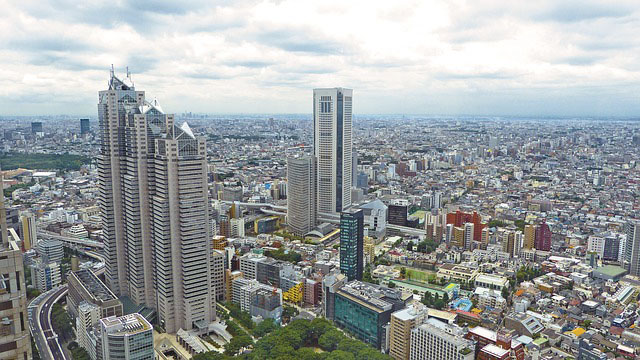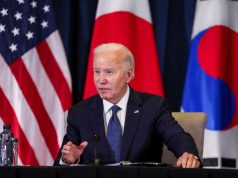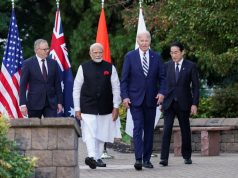
Alex Gonzaga was forced to apologize on Instagram after some people found her “Japan, Japan, sagot sa kahirapan” caption offensive, bringing into light the reason why Filipinos seek employment opportunities to Japan in the first place.
The actress shared a picture wherein she was laughing with her mother on a street in Osaka, Japan. It went viral since there were people who perceived that she was making fun of the overseas Filipino workers in Japan.
A user commented, “I guess you need to rephrase your words here. I don’t get this joke. You have many kababayan here too, I guess it’s (a) good idea you feature (the) life of Filipinos here so you have a bit of emphatic side.”
Another one wrote, “I 100 percent agree with this. There are ACTUAL funny jokes and jokes made up from total ignorance. Can mommy Pinty teach her daughter not to be so taklesa and act appropriately? Papansin na kasi kung minsan. OA pa.”
The actress replied:
“Sorry if that’s how you feel but I’ve been hearing that phrase ever since I was young. Most of the time, Filipinos move overseas to have better opportunities. It’s how you interpret that phrase and the joke is kunwari we’re moving to Japan na with mommy Pinty. Hehe.”
Alex has previously mentioned that she loves Japan, saying it’s the “New York of Asia.”
Context of the phrase
While the actress was bashed for her caption, there were others who defended her, saying that the phrase “Japan, Japan, sagot sa kahirapan” was already being used by Filipinos since the ’80s.
The exact origins of the phrase remain unclear but one Reddit user claimed that it became famous as early as the late ’70s, calling it a “bandwagon.”
The “bandwagon” referred to the Filipino diaspora that started during Marcos’ time.
Oxford Dictionary defines diaspora as the “dispersion or spread of any people from their original homeland.”
According to Inquirer columnist Ted Laguatan, Filipinos sought for better lives abroad during Marcos’ time because of “severe economic depression, lack of job opportunities and political oppression.”
The economic state of the country was extremely affected after the dictator stepped down from the office. His legacy, Laguatan noted, was “massive institutionalized corruption, crony capitalism (and) bad or weak leadership.”
This left the Filipinos to look for other venues of work that had a stable environment. Some of them went to the United States, Saudi Arabia, Canada, United Arab Emirates, Hong Kong, Singapore and Japan, among others.
Thus, the “Japan, Japan, sagot sa kahirapan” was a reference to how working in the country could boost one’s income and earn more money in the long run.
Filipinos in Japan
At the end of 2017, it was reported that there were 260,553 Filipinos in the Land of the Rising Sun.
During the early years of the Filipino diaspora, the pejorative label “Japayuki” became popularly used. It referred to Filipinas who worked as prostitutes or sex workers.
Japan Sociology noted that it originated in the ’70s, around the time Filipino diaspora was at its height. Even female prostitutes from other countries like Thailand were called “Japayukis” as well.
According to a research paper titled “Movement of Natural Persons Between the Philippines and Japan: Issues and prospects,” the relationship between the Philippines and Japan are shaped by strong economic factors.

Japanese investors are known for their “commercial presence in most developing countries while the Philippines is reputed to be the leading exporter of skills ranging from professional, technical, middle and low-skilled.”
Throughout the years, Filipinos in Japan went on to become caregivers, nurses, teachers, engineers, hotel staff and IT professionals, among others.
Japan has the Immigration Control and Refugee Recognition Act which enables foreign skilled workers to seek opportunities in their country.
Apart from that, they have developed good diplomatic relations with the Philippines through goodwill visits of each country’s representative.
In 2017, DOLE reported that Japan has opened 100,000 jobs for Filipinos. Most of the positions were for nurses, engineers and architects. Recently, the country has also offered more than 1,000 jobs for Filipinos after the Kuwait repatriation.









